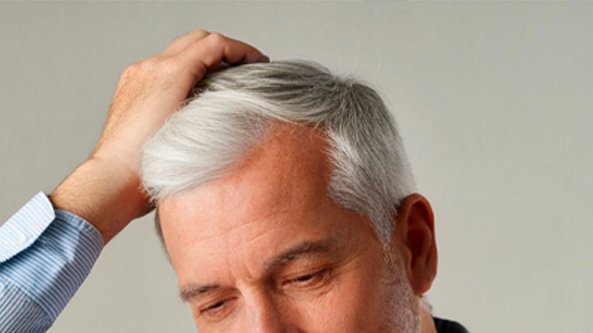“It is duty of the citizen to obey the rule of law existing in the country, but more importance should be given to the divine law”. With this statement, pronounced in recent days, Indian Cardinal George Alencherry - at the centre of a scandal that sees him accused of fraud, misappropriation of ecclesiastical funds and abuse of power in real-estate business promoted within his Syrian-Malabar Archdiocese of Ernakulam-Angamaly - wanted to reaffirm that “the legal system of the country should not interfere in the internal affairs of the Catholic Church”. This statement is proving to be a boomerang for the Cardinal, who last Tuesday saw his case being examined by the High Court of Kerala, following an official complaint, the First Information Report, drawn up by the police.
During the hearing, the Prelate’s lawyers contested the legitimacy of that complaint, which could give rise to a proper trial with indictment of the cardinal. A panel of magistrates of the Court reserved the right to decide on the admissibility of that report.
The complaint involves, in addition to the Cardinal, priests Joshy Puthuva and Sebastian Vadakkumpadan and also the real estate broker Saju Varghese, accused of conspiracy and fraud, for having created and managed illegal funds in the sale of some ecclesiastical property.
“There are people in the Church who think they can control divine justice through court verdicts,” Alencherry said. However, the cardinal’s recent self-defense has aroused perplexity and protests. The Catholic Laymen’s Association, which brings together the diocesan laity, declared that “this discourse challenges the sovereignty of India”.
“Canon law is not a divine law”, it is affirmed, when “Canon law becomes the attempt by the hierarchy to take possession of the riches of the Church, denying it to believers”. Paul Thelakkatt, a priest and former spokesman for the Syro-Malabar Church, also pointed out that “canon law is not above civil law” and “Church staff are not exempt from undergoing civil and criminal justice”.
The accusation raised by part of the local clergy is that they sold plots of land belonging to the diocese at a price far lower than the market value, causing the loss of more than $10 million to the diocese. The suspicion, which is being investigated by the police, is that there are large amounts of money that have not been accounted for, and that the real estate transaction has generated an illegal flow of money that has ended up swelling the personal wealth of certain individuals.
To resolve the controversy that is breaking up the Syro-Malabar rite Church, the oldest Christian community in India, several meetings have been organized between priests and lay people of the archdiocese. And while the extremist wing asks for the resignation of the Cardinal, according to what filters from the last meetings of the presbytery of Ernakulam, one other solution proposed is to exclude the Cardinal from financial and administrative matters.
This solution would see the archbishop dimidiatus and deprived of part of his munus regendi, but it would serve to cool the hot waters in which the local clergy is swimming. They are pressing to submit it officially to the Holy See. Currently among the mediators in the thorny affair, there are Archbishop Soosa Pakiam, president of the Episcopal Council of Kerala, and Cardinal Baselios Cleemis, senior archbishop of the Syro-Malankaro Church, while the apostolic nuncio is also constantly updated on the case, both at the judicial level and on the internal discussions and potential implications within the local Church.
The 73-year-old George Alencherry was elected Major Archbishop of Ernakulam-Angamaly by the Syro-Malabar Synod in May 2011, shortly after receiving the necessary ecclesial communion from Pope Benedict XVI, who created him cardinal in the Consistory of 18 February 2012.
The Syro-Malabar Catholic Church is a Church sui iuris of the Eastern Syriac rite which has 3.6 million faithful around the world, spread throughout communities in India, in particular on the coasts of Malabar (the coastal region of southern India) but also in the USA, Canada, Australia and the United Kingdom. After centuries of alternating events in relations with the Holy See, linked above all to a process of juridical and administrative emancipation from the Latin rite Church, in 1992 it was John Paul II who elevated the Church of Malabar to the rank of “Major Archdiocese of Ernakulam-Angamaly”. The first archbishop elected in total autonomy by the Syro-Malabar Syrian Catholic Church synod, was George Alencherry himself.




I commenti dei lettori